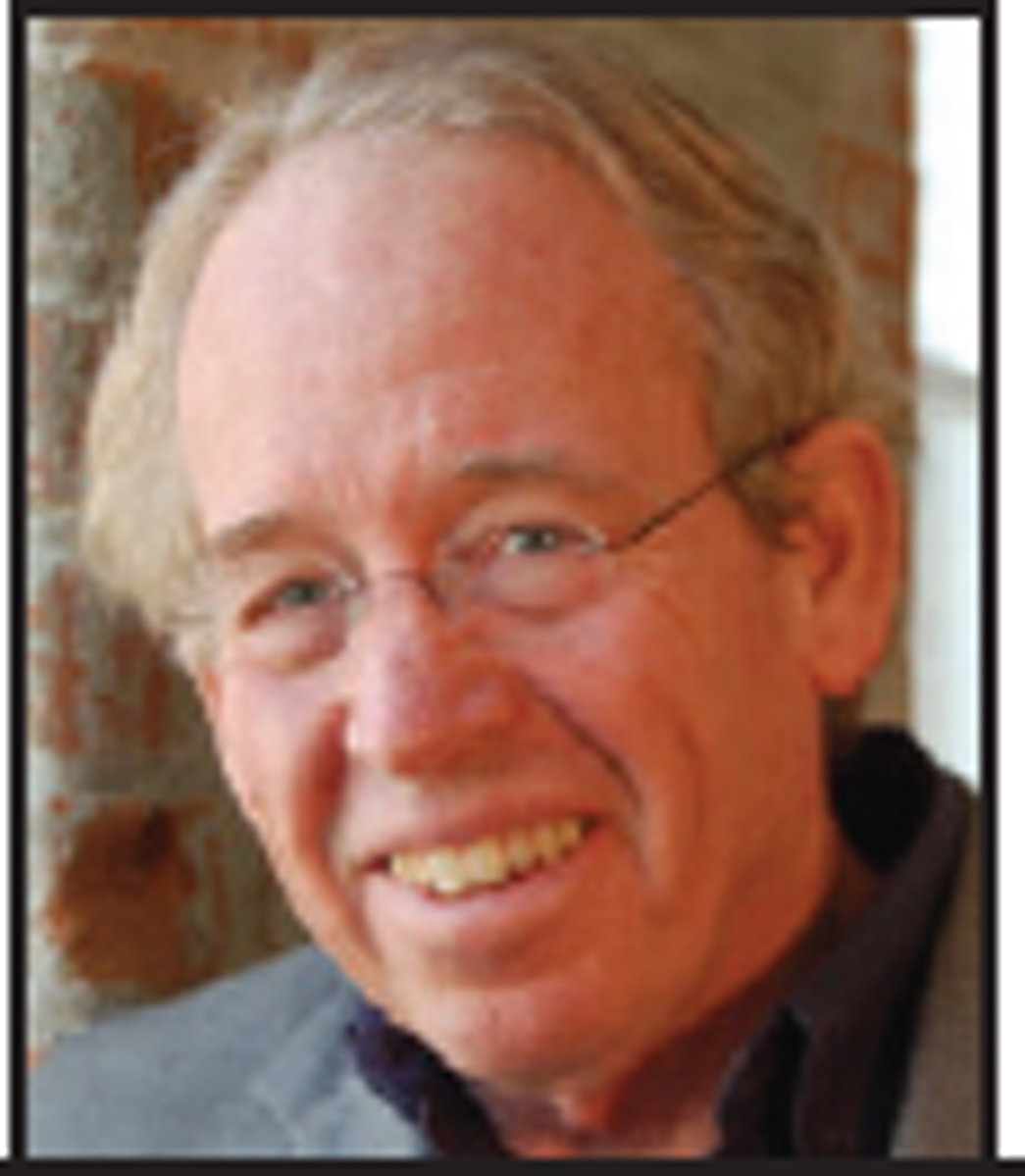By Scott Graber
 It is Saturday, early, and I’m sitting at my dining table looking into a wet, cold, gray-painted landscape that suggests a morning of writing. This morning my mind wanders from virus to vaccine to genetic mutations.
It is Saturday, early, and I’m sitting at my dining table looking into a wet, cold, gray-painted landscape that suggests a morning of writing. This morning my mind wanders from virus to vaccine to genetic mutations.
This morning there is a renewed appreciation for those who mapped the genome; and those who figured out how to rearrange the genetic sequencing. Perhaps this plague will generate a new crop of immunologists, pathologists, virologists and geneticists who will want a speaking role in our collective, entirely unimaginable future.
When I was younger there was a wide, wonderful streak of altruism in my generation. In my youth that altruism often manifested itself in military service, some willing to fight Communism wherever it might be found. Others of my generation considered teaching in Malawi; or digging wells in Mali; or hanging sheet rock in Harlem.
We all learned the altruism dissipates — cynicism arrives sometime in our 40s and many of us forever depart those sun-dappled shores where we believed that people are fundamentally decent, our society basically fair, our country exceptional.
All of this came into clearer focus several nights ago when, unable to sleep, I tuned into late night NPR. And here — sleep-deprived and restless — I listened to a young woman tell me what was actually going on in 1970.
She said that when Richard Nixon declared his “War on Drugs” he was actually declaring war on minorities — urban black youth in particular. He was, according to my late night narrator, anxious to get blacks off the streets and into prison.
Nixon didn’t want blacks to vote, she said, so he led the effort to make drug possession — possession of any amount — punishable by prison time. Nixon’s crackdown enhanced the sale of illegal drugs and in the process turned New York City, Newark and Chicago into bombed-out moonscapes that resembled war-ravaged Dresden.
Now, I was never keen on Nixon. Never voted for him. But I don’t believe he was that Machiavellian. I was alive in those days and choose to believe he believed cocaine and heroin were bad.
Go ahead, call me naive.
The next morning I woke up to a story about the largely inexplicable stock market that is, apparently, being manipulated by a small group of clever young investors. Then NPR moved on to the “variant viral curveball” that is more transmissible and may have the ability to evade the current vaccines. And, by the way, who is really accountable for the screwed-up formula for the distribution of these shots?
Now, I want to say that I believe NPR is a fabulous alternative to commercial radio and cable (television) news. It arrives without commercials for heart, Hepatitis and metastatic cancer drugs. We don’t have to listen to Joe Namath pontificate about getting the “benefits you deserve” if only you will call the toll free number flashing just behind his huge head.
But NPR is not perfect.
NPR has given us 24-hour coverage of the virus, and the vaccine, but seems far more interested in failure, finger pointing and pushing the narrative that every part of this country is infected with bias, bigotry, mendacity and incompetence.
If it bleeds it leads.
I wonder and worry what this constant stream of “terrible” is doing to our youth — the devisees of our Democracy still willing to give themselves to a bigger, better purpose.
I want youth to believe that this country is a living, breathing organism; and this organism remains a resilient compact; and youth who still believe that this thing called the United States is worth a couple of years in Congo or risking one’s future in Afghanistan.
I want to return to the notion that the people in the United States are fundamentally decent, our society fair, our country exceptional. I want to leave those young Americans who follow me reasons to be hopeful and altruistic when they are 18.
For this country to work there has to be consensus about legitimacy. After spending a good bit of time in Italy, I have come to believe that most Italians don’t believe their government or governance is legitimate. Italians spend their time avoiding payment of taxes; their government responding with new, camouflaged ways to tax their constituents.
Notwithstanding the Pope and his exquisite Pieta, we can’t become Italy.
Somehow we’ve got to convince our young people that this country is still worth their aspirations; their taxes; their willingness to defend — with their lives — its continued existence.
Scott Graber is a lawyer, novelist, veteran columnist and longtime resident of Port Royal. He can be reached at cscottgraber@gmail.com.






